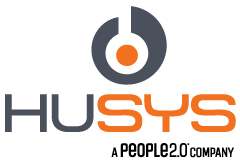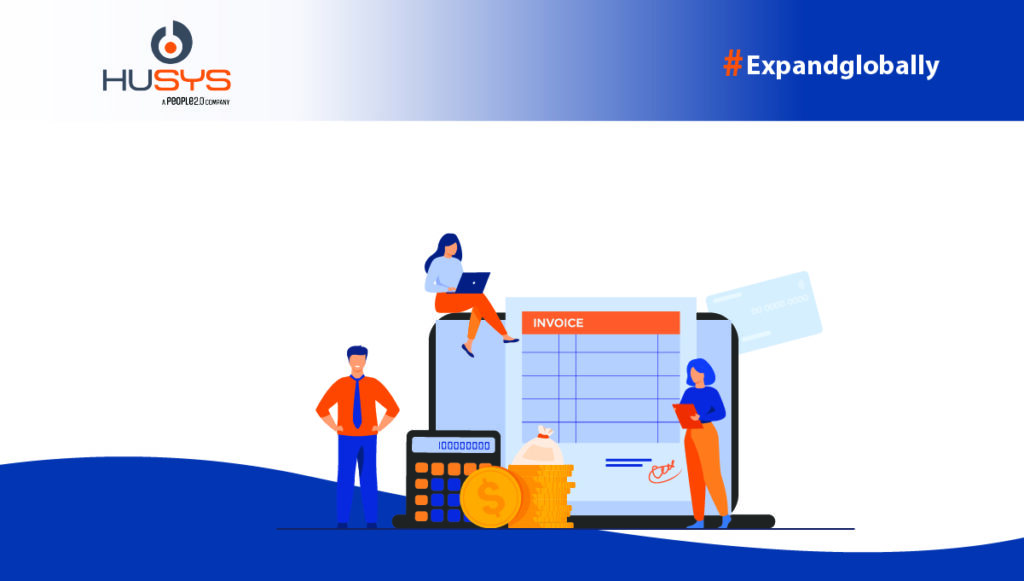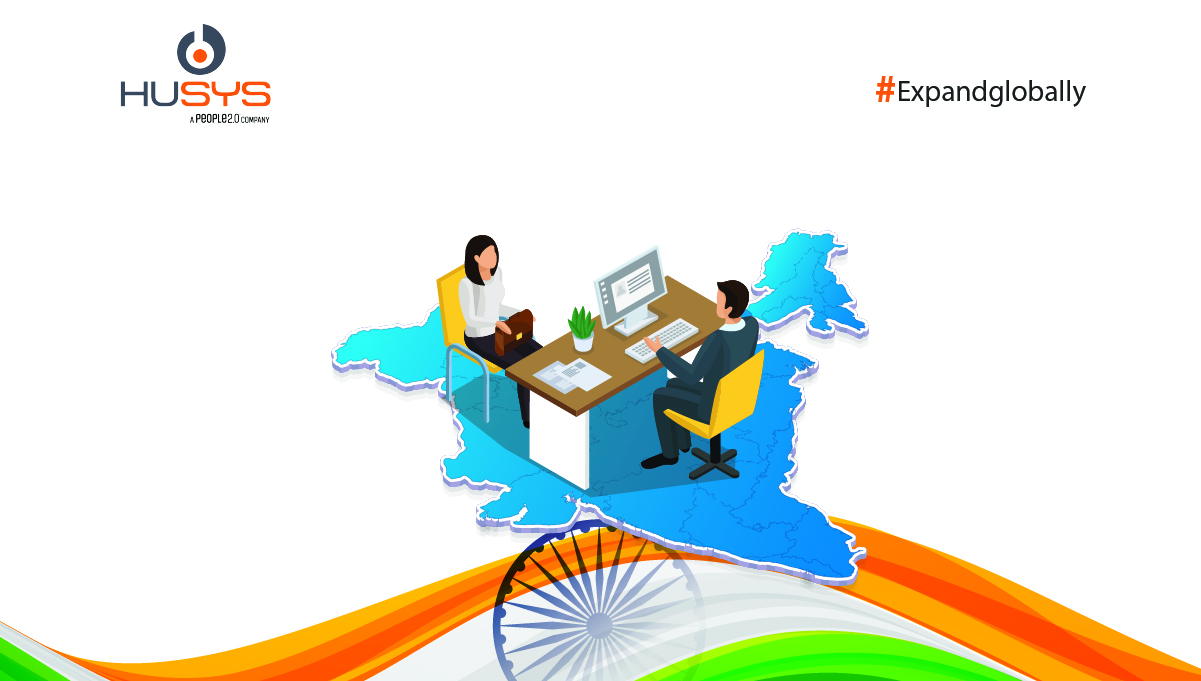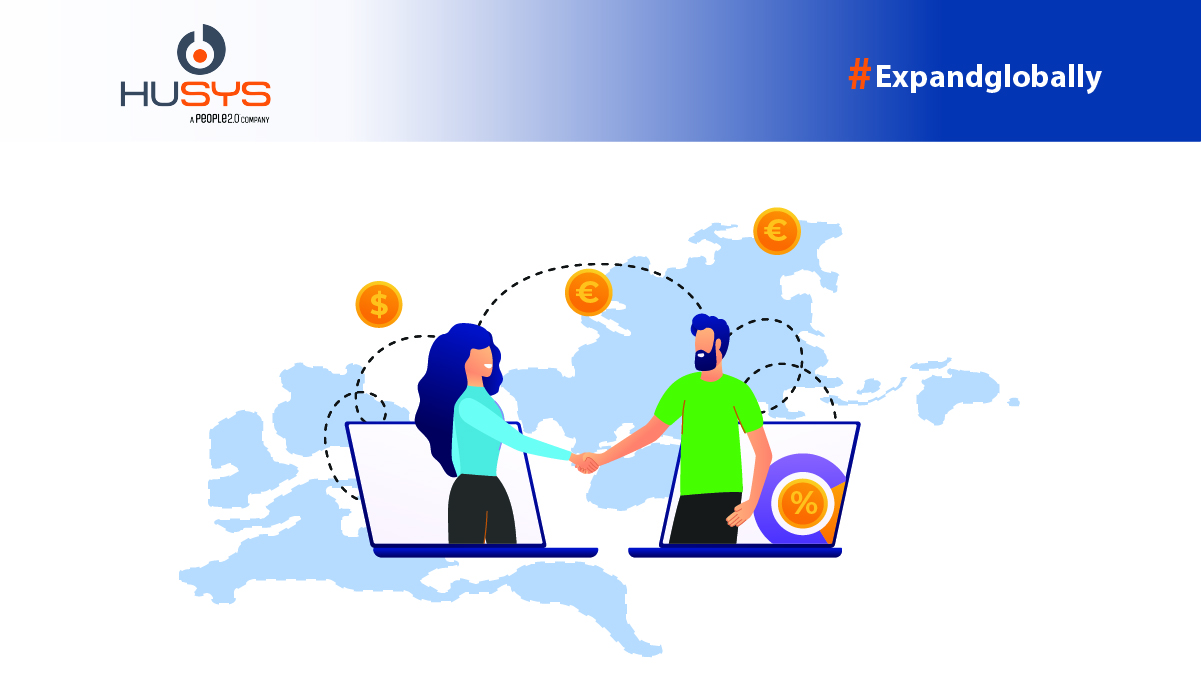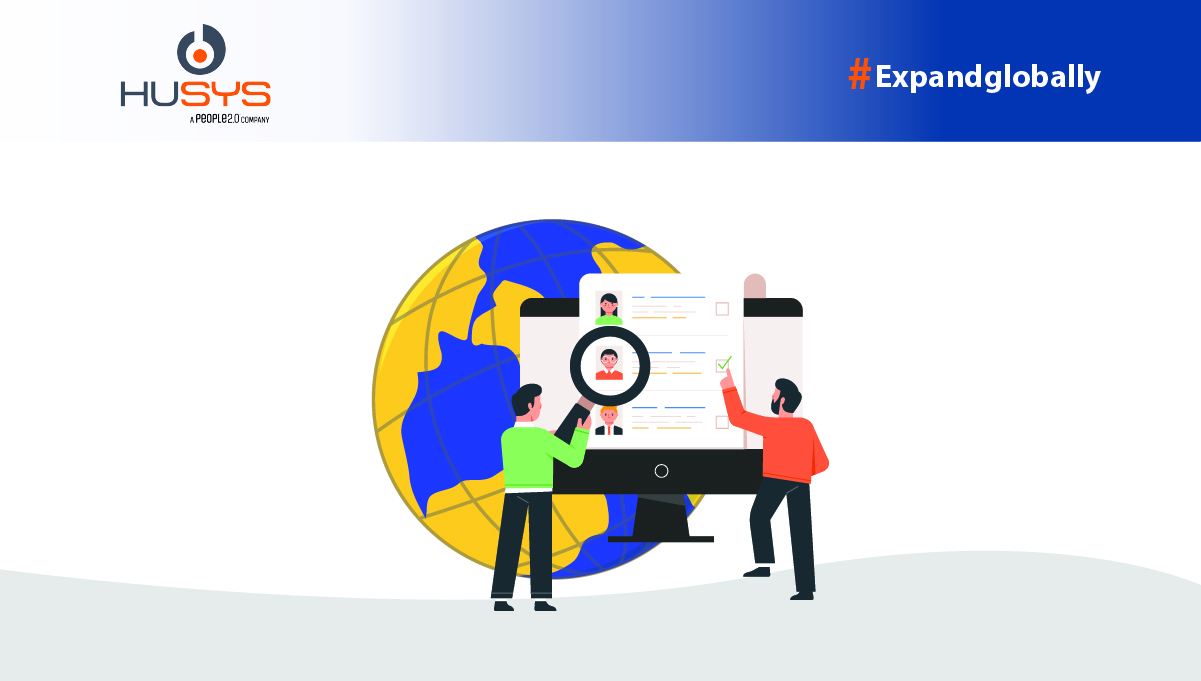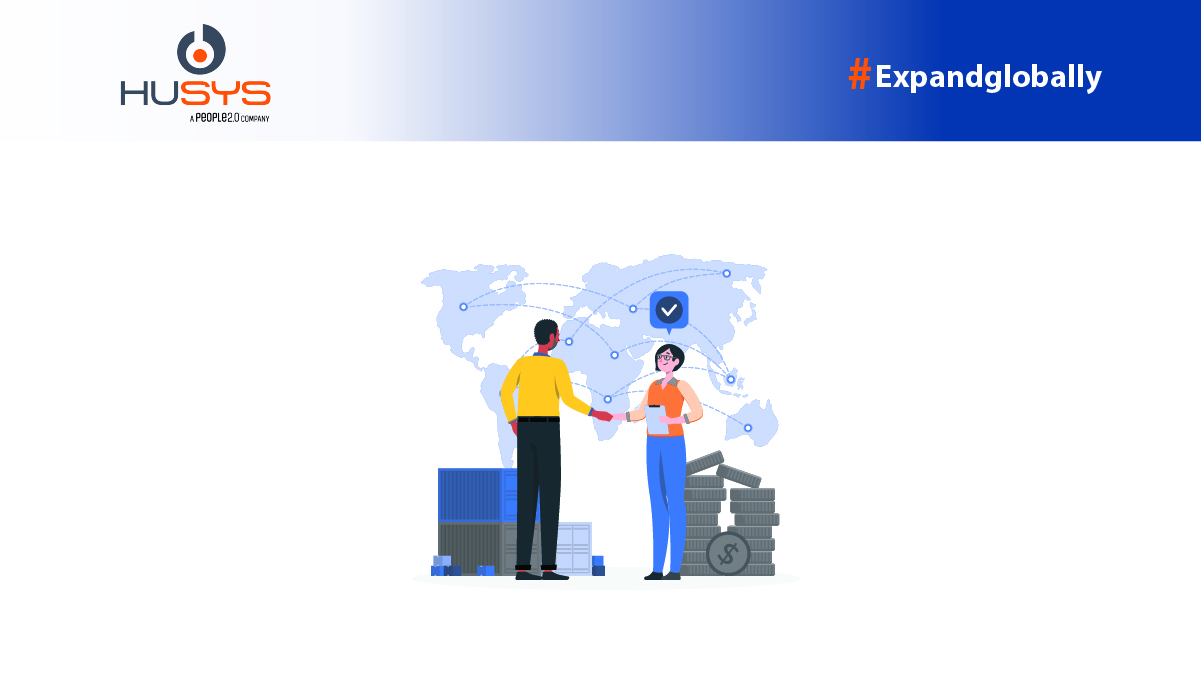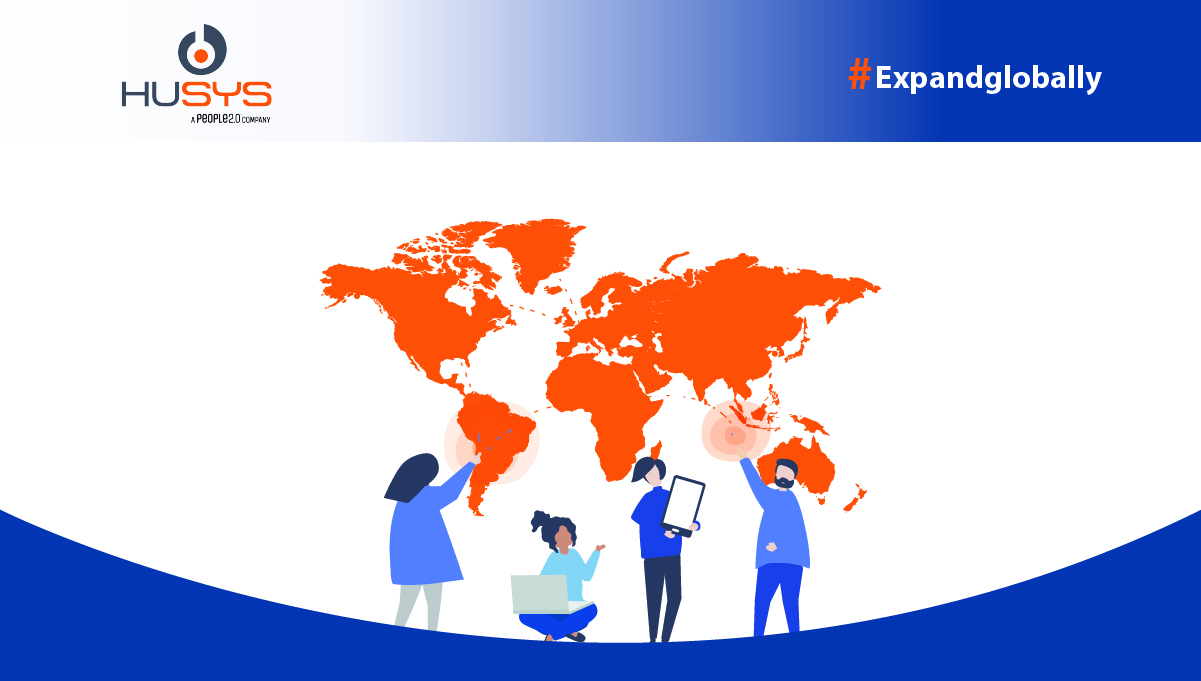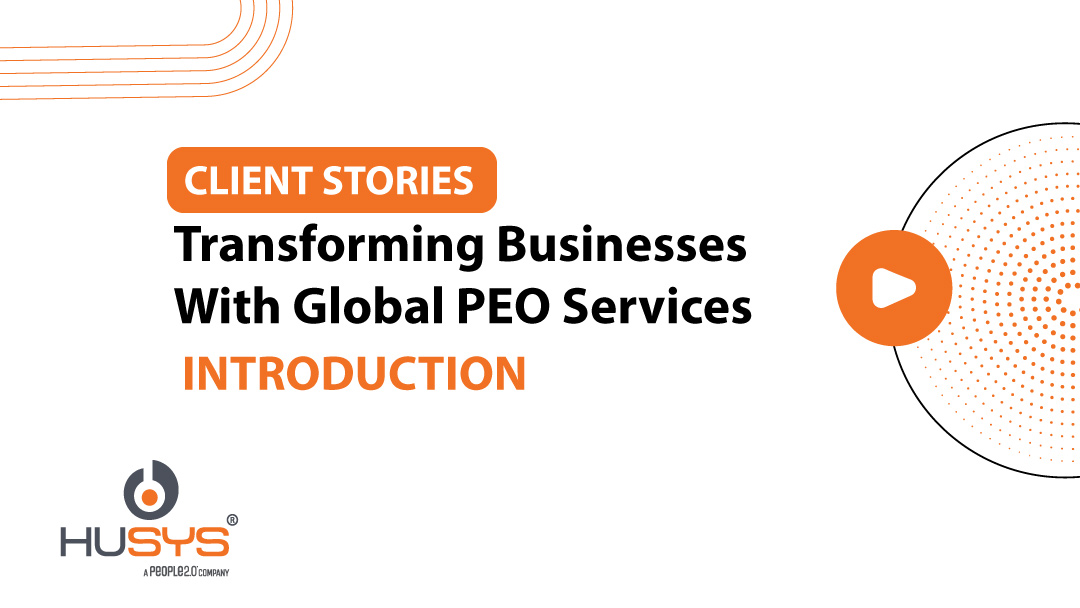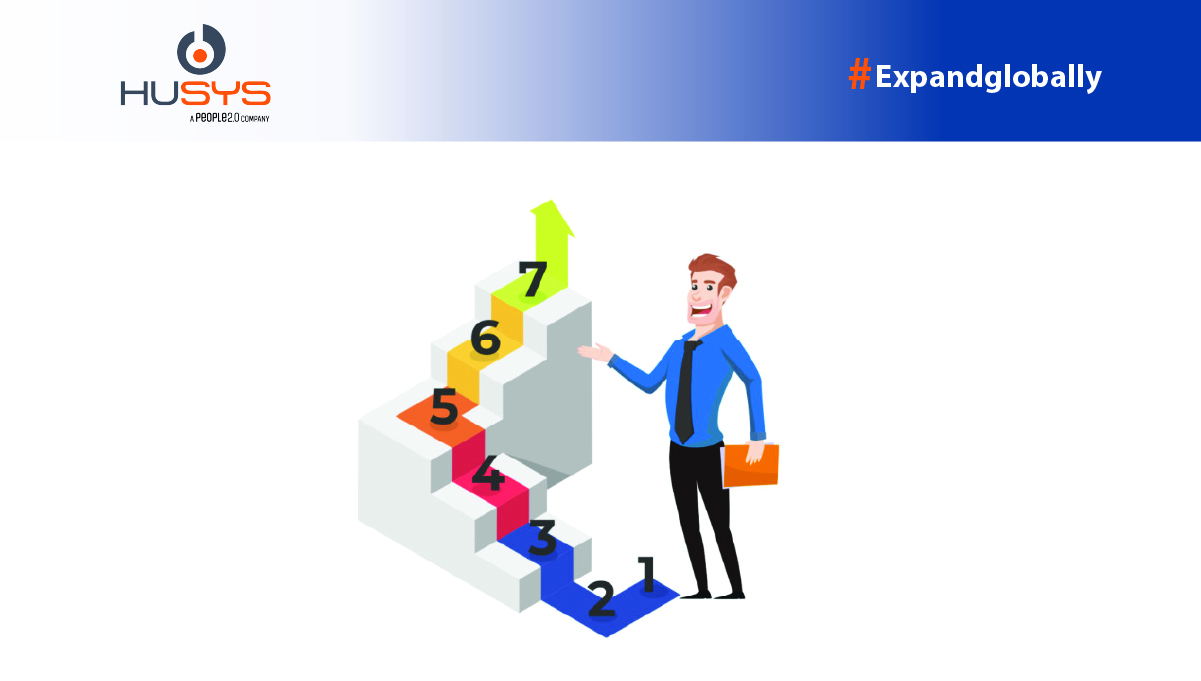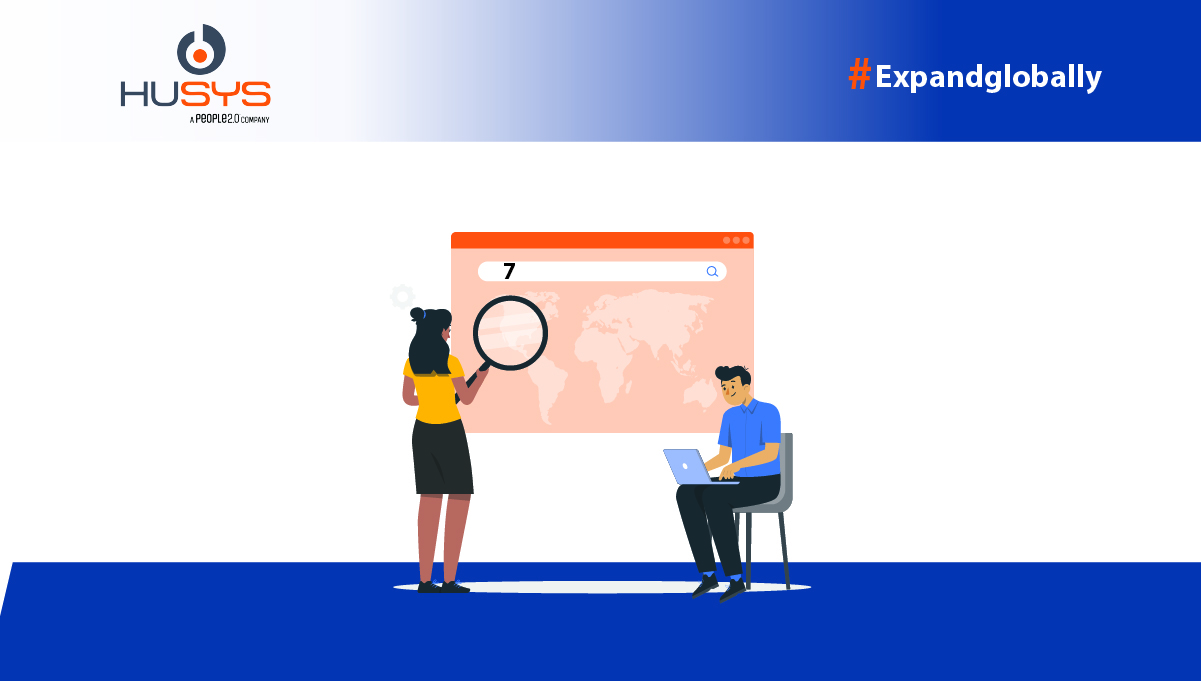When you run payroll, there are many things to think about. You have to manage your employees’ paychecks, taxes, and benefits—and if you’re running an international operation, additional factors come into play. That’s why understanding the Top 10 global payroll tips can help you navigate these complexities more effectively.
But implementing a new system can be daunting—especially when every country has its own regulations. To make things easier, we have created this comprehensive guide with the most effective global payroll tips for 2022 and beyond. Let’s get started!
Define Your Legal Entity Structure
Global companies often have distinct legal structures around their global payroll services. That’s because they must comply with each country’s tax laws and regulations, which can differ wildly depending on where they’re located.
A good legal entity structure can help you comply with each country’s laws, save on international taxes, and help standardize operations company-wide.
But how?
The first step is understanding the differences between shareholder-based and debt-based structures. Then consider whether or not your business will operate solely in one country or on an international scale, as this may affect which type of structure works best for your needs.
Note: You can operate solely in one country but employ workers globally. However, you might need to work with an EOR provider to do that.
Maintain Accurate and Consistent HR Data
Accurate and consistent data is critical for successful global payroll. Why? Because it allows you to make informed decisions about how to structure and pay your employees based on what they need – rather than making assumptions that may be incorrect or outdated.
With accurate and consistent HR data, you’ll be able to
- Determine if workers are eligible for overtime pay by comparing their work hours with an employee handbook.
- Calculate holiday pay per local laws
- Identify which employees should receive bonuses based on performance evaluations.
Understand Local Employment Laws
When you hire employees from different countries, it is essential to understand the local labor laws to avoid fines and penalties.
And these laws can vary significantly from country to country. For instance, it’s illegal for an employer to fire someone for taking maternity leave in the US. However, it is not necessarily unlawful to dismiss someone while on maternity, paternity, or shared parental leave in the UK (given you have a fair reason).
Therefore, educate your HR team on local employment laws to avoid surprise penalties or lawsuits.
Offer Local-Country Benefits and Compensation Programs
One of the most important global payroll tips is offering local-country benefits and compensation. These programs should be designed to meet the needs of your employees.
This will help you determine how much money you need to spend on these programs, which typically adds up quickly. However, it’s also crucial for companies to note that these programs are an essential part of an employee’s total compensation package.
Understand the Tax Reporting Requirements
Ensuring tax compliance is as important as paying employees accurately and timely. However, again they vary from country to country.
For instance, when you hire employees in India, you must pay Rs. 200 professional taxes to the government every month (which is deducted from the employees’ salaries). On the other hand, in the United States, companies must report payroll taxes separately for each employee on a W-2 form.
Therefore, ensure you have a solid understanding of the tax reporting requirements of each country you have staff in.
Keep on Top of Changing Laws
Keep an eye on local regulations: as the world’s economy grows more complex, so do the rules governing businesses and their payrolls. As a result, you must keep abreast of changes that may affect your business.
There are two main areas where changes are likely to occur
Tax rates
Countries regularly introduce new tax laws, sometimes with minimal warning. If you aren’t aware of these changes until they happen, it could lead to problems with compliance or unexpected costs from penalties.
Compliance guidelines
As governments change their taxation systems, they alter their expectations about business operation models. It could be as small as changing the benefits (e.g., a fixed medical package for employees), but it can make a big difference.
Pay Attention to Non-Taxable Components
With the emergence of the gig economy, paying attention to non-taxable items, such as food and housing allowances, is more important than ever. These differ from jurisdiction to jurisdiction, so you’ll need to know your country’s rules.
For instance, food and housing allowances are benefits that employees receive as part of an employee benefits package. But they can also be considered a salary deduction for tax purposes, depending on local regulations.
Keep in Mind Everyone’s Privacy Concerns and Needs
When it comes to your employees’ privacy, keep in mind that different countries have different privacy concerns and needs.
Some countries are more open to sharing personal information than others
- Canada, for example, has a law that protects employee information under certain circumstances
- The United Kingdom has no such rule but does have some protections for employee data due to its membership in EU laws
- Australia has no specific protections against unwarranted access to employee data by employers.
Therefore, ensure you comply with the data protection laws of the countries you’ve employees in.
Leverage Global Payroll Solution
In the technology age, global payroll operations are more efficient than ever. A solid technological foundation will ensure that your business can focus on achieving its goals without worrying about compliance.
A global payroll solution can help you stay compliant with local laws by offering
- Real-time data access across borders and currencies
- Automated calculations based on local tax laws and agreed-upon pay rates
- Easy access to reports showing compliance with regulations
Partner With a Global PEO or EOR Provider
If you feel that all the tips mentioned above are overwhelming, we have a solution for you.
A global PEO (Professional Employer Organization)!
PEO is a third-party organization that removes your HR department’s headache and helps you comply with local employment and labor laws.
They have experience in global payroll and can provide you with the right level of support. This usually includes providing you with a team of experts available on-demand to help you get up and running quickly.
You may also consider partnering with a provider that leverages technology to streamline the process. This not only makes the entire process cost-effective but also minimizes human errors. For instance, at Husys, we use our in-built APHUSYS platform that helps automate tedious payroll processes while ensuring compliance with local laws.
